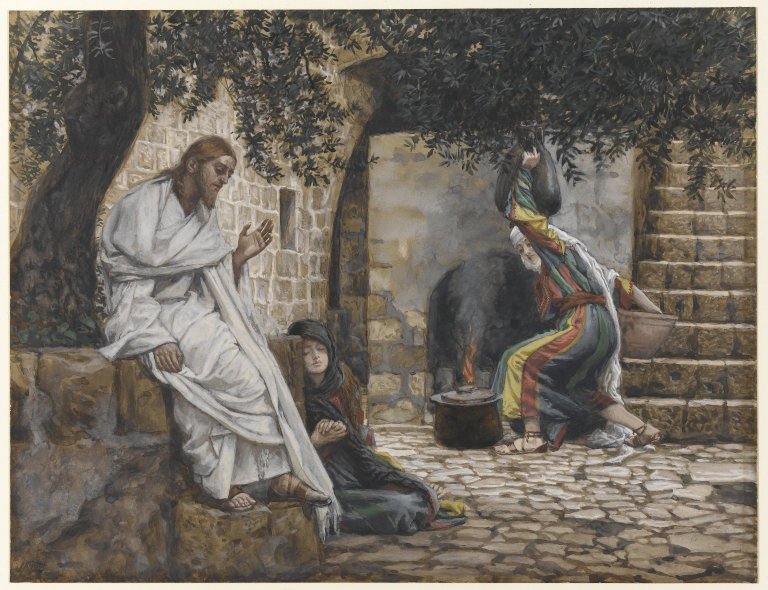It’s been a debate that has been going around theological circles for some time, the question of whether the historical Jesus had a significant other or not. Most evidence would suggest that the answer is indeed negative, but the study of the possibility has been plagued by religious dogma for more than 2000 years. The various brands of the Christian religion have always been patriarchal, and the presence of an important female figure in the Bible is something that most would prefer not to address. A new piece of evidence, however, is forcing the issue once more.
The evidence in question is a piece of Coptic Christian scroll dating from around the 4th century CE. It’s just a tiny piece of papyrus, but the words “Jesus said to them, my wife…” happen to appear on it. There is further writing that suggests that the wife being referred to may be Mary Magdalene and that she may also have played a role as one of Jesus’s disciples.
Of course, the scroll has more than its share of problems and can not be taken as pure evidence that Jesus was married after all. Early testing suggests authenticity as far as dating goes, but more tests still need to be run. Also, the term “wife” is debated as to whether it actually means the same thing we think it to mean today, given the translation. Some are saying the text may be Gnostic in origin, linking it to the 2nd century branch of Christianity that used alternate gospels and has since been denounced by the more “official” churches of today.
At the heart of the debate is an issue that may greatly affect how the study of the scroll will be approached. The Catholic Church refuses to allow women into the priesthood and those with an interest in keeping the status quo will no doubt dismiss the evidence without giving it a second though. It will be the task of more liberal theological scholars to examine and either prove or disprove what is written on this ancient scroll. They will also have to work against the popular elements of the church whose interests lie in finding it to be false.
It may be a small bit of evidence and not enough to change the way people think about Jesus and the Christian religion, but it is the pursuit of knowledge here that matters. Even those who are against the idea should be supporting the research instead of adhering to their dogma in the face of things that could threaten it. Being stubborn does no good when trying to find the truth behind history. Unfortunately, when it comes to religion, history tends to be whatever works best for keeping beliefs from changing. And unless more of this scroll can be found, the truth behind the matter may never be known.
